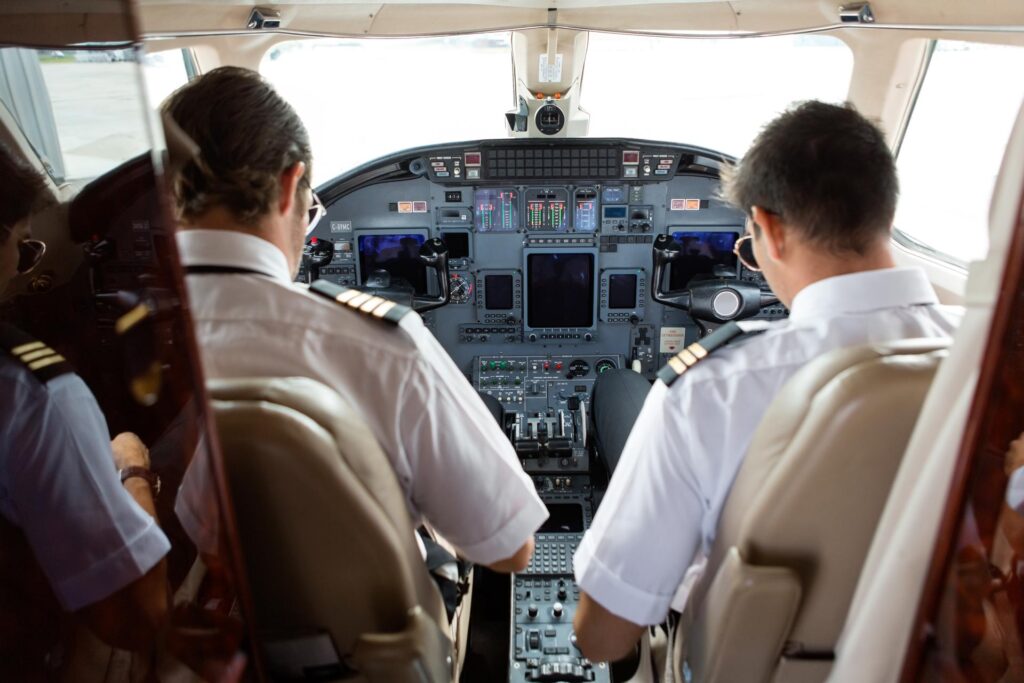The Importance of Psychiatric Evaluations for New Pilots

In the aviation industry, safety is paramount, and ensuring that pilots are mentally fit to operate aircraft is an essential aspect of maintaining this safety. Psychiatric evaluations serve as a critical component in the assessment process for new pilots, addressing various factors that can influence their performance in the cockpit. This blog post will explore the significance of psychiatric evaluations, the mental health challenges pilots may face, and the benefits of these assessments in fostering a safe flying environment.
Understanding Psychiatric Evaluations
Psychiatric evaluations are comprehensive assessments conducted by trained mental health professionals to determine an individual’s psychological well-being. These evaluations may involve interviews, standardized questionnaires, and cognitive assessments to gauge various aspects of mental health, including mood, anxiety, personality traits, and any potential psychological disorders. In the context of aviation, these evaluations are tailored to assess an individual’s suitability and readiness for the demands of piloting an aircraft.
The Need for Mental Health Assessments in Aviation
The aviation environment can be inherently stressful, presenting unique challenges that can impact a pilot’s mental state. Factors such as long hours, irregular schedules, and the pressure to maintain high standards of performance can contribute to mental fatigue and anxiety. Additionally, pilots may face issues such as depression or substance abuse, all of which can impair their decision-making capabilities and increase the risk of accidents. By conducting psychiatric evaluations, aviation authorities, and employers can proactively identify pilots who may be struggling with these challenges before they take to the skies.
Enhancing Safety Through Early Intervention
One of the key benefits of psychiatric evaluations for new pilots is the opportunity for early intervention. Identifying mental health concerns early can lead to appropriate treatment and support, ensuring that pilots are equipped to handle the demands of their role. In many cases, mental health issues can be managed effectively with therapy, medication, or lifestyle changes. Addressing these issues promptly helps the individual pilot and contributes to the overall safety and reliability of the entire aviation system.
Fostering a Culture of Mental Well-Being
Implementing psychiatric evaluations is also vital for fostering a culture of mental health awareness within the aviation industry. When pilots understand that mental health is an essential aspect of their training and evaluation, it helps to reduce the stigma associated with seeking help. Creating an environment where mental well-being is prioritized encourages pilots to be more open about their struggles, ultimately leading to a more resilient and capable workforce.
How a Professional Psychiatric Service Can Help
A professional psychiatric service plays a crucial role in supporting the mental health needs of pilots throughout their careers. These services offer specialized expertise in understanding the unique pressures faced by those in aviation, enabling targeted assessments and tailored interventions. Trained mental health professionals can provide confidential evaluations to identify specific concerns, develop personalized treatment plans, and recommend coping strategies that are conducive to a pilot’s lifestyle. Furthermore, ongoing support and counseling can ensure that pilots maintain their mental well-being, allowing them to perform at their best. By collaborating with aviation authorities, these services also help to promote a holistic approach to pilot health, integrating mental fitness into the broader framework of aviation safety. Ultimately, professional psychiatric services equip pilots with the necessary tools to navigate mental health challenges, enhancing both individual resilience and collective safety within the aviation industry.
Psychiatric evaluations are a vital part of the comprehensive assessment process for new pilots. By identifying and addressing mental health concerns early on, the aviation industry can ensure that pilots are skilled in their technical abilities and mentally equipped to handle the complexities of flying. This proactive approach saves lives and promotes a culture of safety, well-being, and confidence among those who navigate the skies. If you need psychiatric services for your team of new pilots, contact our associates at ExamineAir, LLC, for more information.
